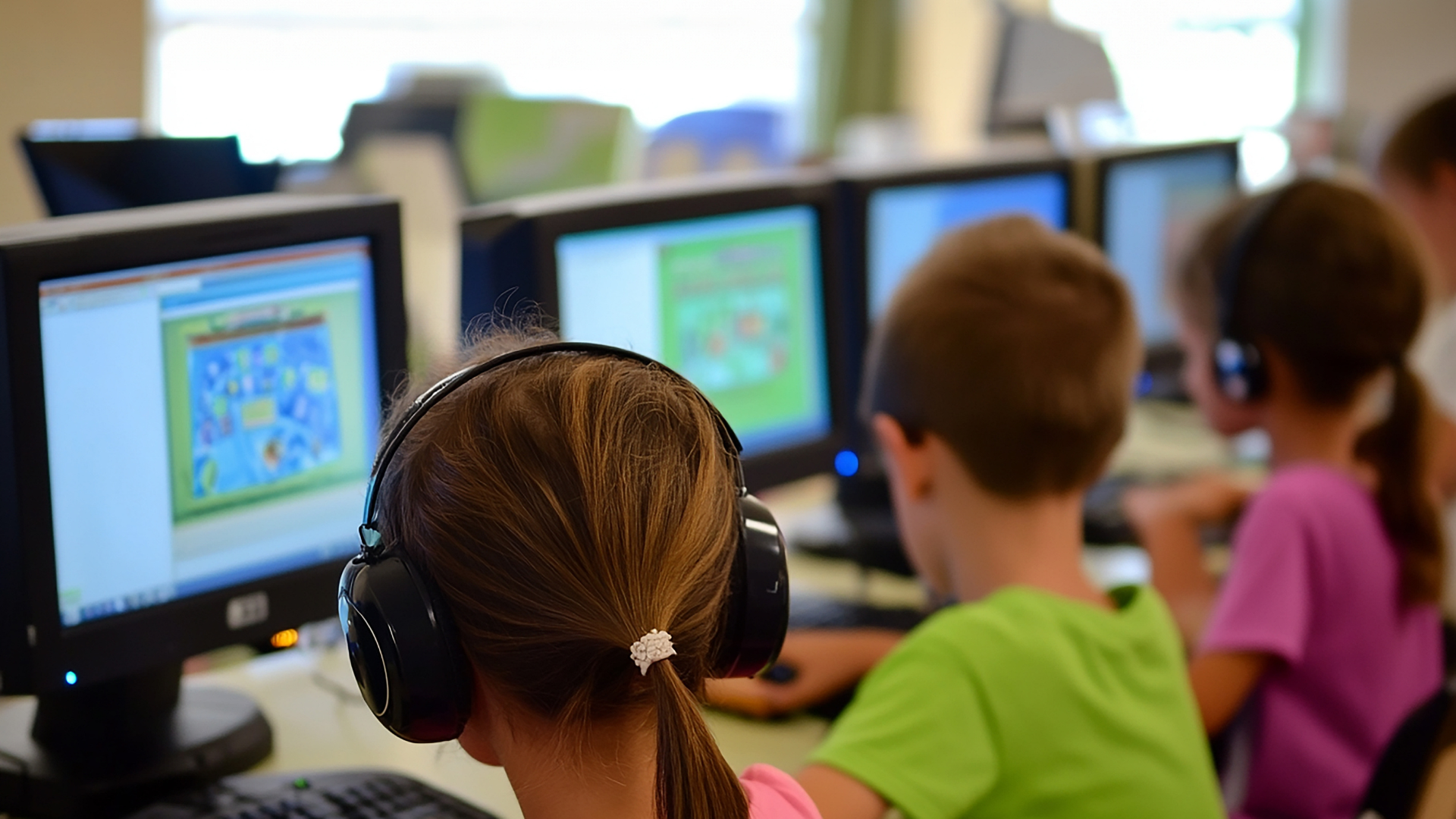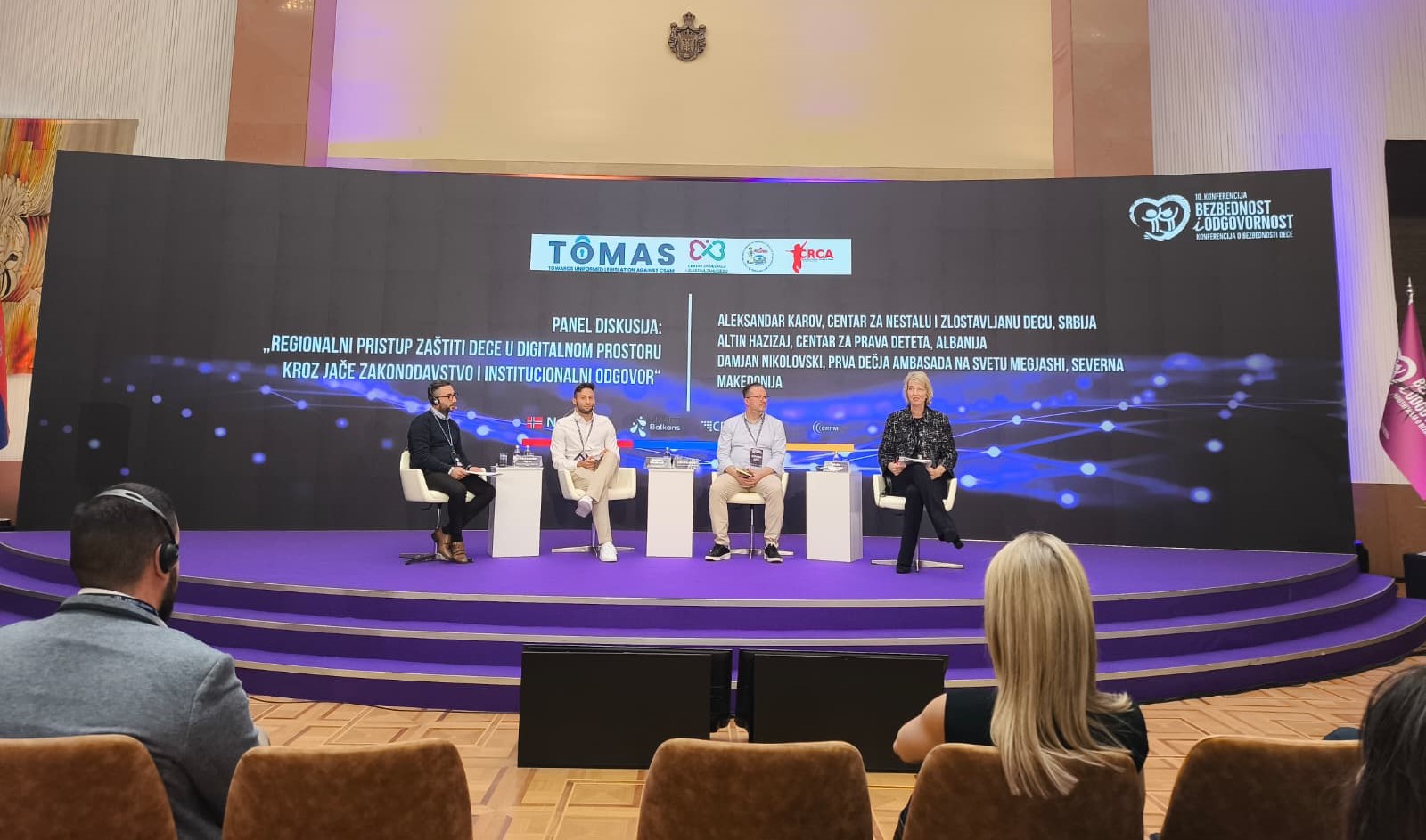Eurochild’s impact on the European Parliament’s Report on the protection of minors online
Eurochild’s engagement ensured the Parliament’s report reflects key child rights issues, from safer design and transparent enforcement to AI, advertising, and age assurance.
Today, on 26 November, the European Parliament adopted a report on the protection of minors online. Many of its messages reflect long-standing priorities championed by Eurochild and its members. Others will require further evidence and cross-sector expertise to ensure that measures genuinely support children’s rights online.
Eurochild’s advocacy strongly emphasised the need for robust implementation of the Digital Services Act (DSA). The report echoes this call by urging stronger enforcement, the timely designation, and the resourcing of Digital Services Coordinators. Importantly, the report incorporates Eurochild’s recommendation to establish a rapid EU-level alert mechanism to detect emerging online harms and to require platforms to mitigate these issues.
In line with Eurochild’s recommendations, the report adopts a balanced, rights-based approach, rejecting intrusive or exclusionary systems and instead calling for privacy-preserving, proportionate solutions based on data minimisation. It also affirms that ‘’parental control tools are without prejudice to the responsibility of online platforms to ensure that their products are safe and appropriate for minors by design or by default.’’
Eurochild’s work on tackling addictive design and harmful commercial practices is reflected in the report. The Parliament calls for protecting minors from commercial exploitation and tackling manipulative and engagement-driven features, including auto play, dark patterns, infinite scroll and profiling-based recommender systems for minors. It also recognises the particular impact of children on influencer marketing, opaque advertising formats and the need to address risks linked to ‘’in-app currencies, micro-transactions, pay-to-progress and pay-to-win mechanisms that are accessible to minors’’ playing videogames. The report also raises concerns about the phenomenon of ‘parent influencers’ or ‘family influencers’, as well as ‘kidsfluencer’.
Importantly, the report integrates Eurochild’s recommendations on potential risks of generative AI programs being used to facilitate child sexual abuse grooming by predators, and underscores the need for strong enforcement of the AI Act to ‘’address the systemic risks posed by AI systems’’. It also notes that ‘’AI-driven recommendation algorithms may lead to excessive screen time and create dependency’’.
Eurochild Flagship Report, Unequal Childhoods: Rights on paper should be rights in practice, highlights the need to step up the efforts to address growing concerns about online child sexual abuse and exploitation, children’s exposure to harmful content including hate speech and cyberbullying, the impact of Artificial Intelligence on children, the excessive time children spend online, as well as child influencers and 'sharenting'.
The report marks a step forward, especially given the adoption of the European Commission’s proposal on Digital Fairness Act in 2026. At Eurochild, we will continue working with the European Institutions to ensure digital policies in Europe fully respect, protect and fulfil children’s rights and address the wide range of challenges identified by our members.
For more information, email Francesca Pisanu, EU Advocacy Officer





